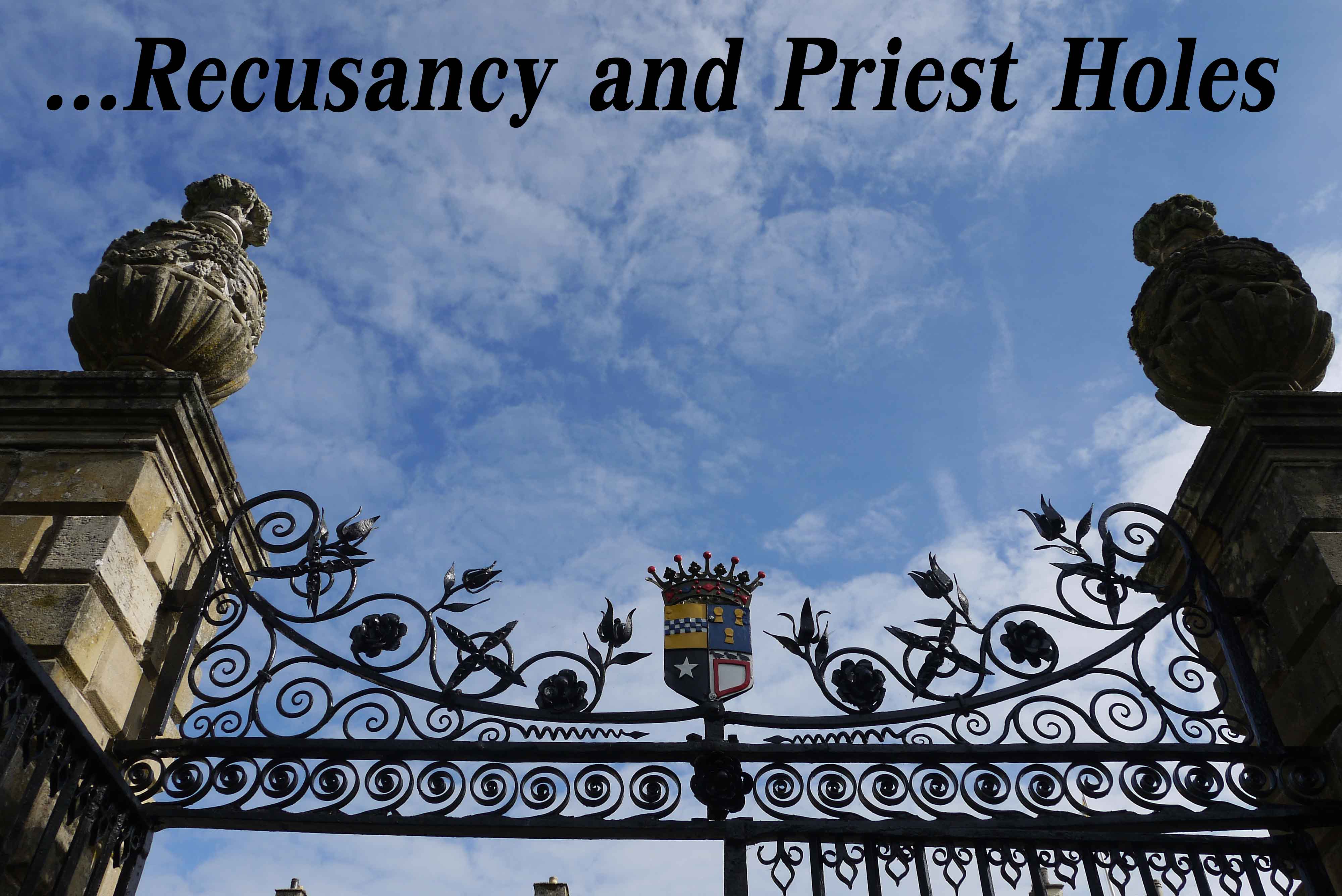This is the first of a series of 4 articles that highlight some of the myths that the media and politicians spread about civil and public services. The information was originally published on the PCS website and I thought they would benefit from a wider airing:
Public spending growth will be cut from 1.1% next year to 0.7% from 2011-12. Alongside this real term spending cut, the government also announced further ‘efficiency savings’ of £9 billion across the public sector in addition to the £5 billion announced in November.
PCS members know all too well the disastrous impact on services that past so called “efficiency programmes” have had. Over 80,000 civil and public service jobs have already been axed, with offices closed in their hundreds and outsourcing and privatisation a continual threat.
It is against this backdrop that the media and some politicians are trying to create a division between the public and private sectors.
Divisive myths about job security, pay and pensions in civil and public services have been voiced in an attempt to portray the public sector as “having it easy” compared to the private sector.
Myth 1: civil and public servants are well paid
The myth
Some people think that civil and public servants are well paid and have enjoyed better pay rises than the private sector.
The facts
Civil and public servants are amongst the lowest paid in the public sector and wider economy. They have seen their pay cut in real terms with large numbers suffering pay freezes in the lead up to the recession.
The notion that civil and public servants have enjoyed and continue to enjoy bumper pay rises is false. PCS members like other low paid workers elsewhere continue to bear the brunt of the recession in terms of pay.
Facts and figures
- Civil servants average earnings growth has lagged behind other sectors for 10 years.
- Over 100,000, almost 20% are paid less than £15,000 a year.
- In the culture sector the vast majority of staff earn between £12-£17,000 a year
- Nearly half of the civil service or approximately 250,000 people earn less than £20,000 a year.
- More than half the civil service earn less than the national average UK salary which is over £23,000.
- Coastguard watch assistants who assist in co-ordinating search and rescue earn just above the minimum wage.
- In the last three years pay in the civil service has increased by 6% whilst the cost of living has increased by 12.8%. Fuel and lighting rose by 35% last year, fares and travel went up by 10.2% and food costs rose by 10%.
- Approximately 40,000 people working for the Department for Work and Pensions, which includes jobcentres and benefit offices received no pay rise at all.
- Apparent differences in average earnings between public and private sector in the annual survey of hours and earnings is explained by structural changes in the public sector such as the transfer of lower paid support roles to the private sector resulting from patterns of privatisation.








Some interesting information here that I certainly didn’t know about. I always thought civil servants were well paid. Like the new site, btw.
The media pedal that information, but the are really meaning very top level civil servants who are few and far between. They conveniently forgot to mention the workforce…
I was astounded to learn how little search and rescue people earn. There’s something wrong when people in sales and marketing earn more than life savers,which only proves we value money earners over life savers.
It is disgraceful isn’t it?
I love the new site and re the civil service pay – yes, my lot considerably improved, numbers-wise, when I left the civil service to go private.
Glad you like, I spent a lot of time messing around with it
Well put Cherie. It gets my goat to hear lazy hacks and lazier bloggers who carry on abuout lazy, overpaid pen pushers. I know I am saying this again but the typical civil servant is an AO in a Job Centre not a mandarin in Whitehall.
I get really annoyed too, they don’t know the half of it do they?
I found the information on the PCS website, normally I would reword it but I thought it was perfect as it was.
[...] Myth 1: Civil and public servants are well paid [...]
[...] ChildCare Facility Selection is an Important Job For Any Family, Here Is My Top Ten List Discussing Questions to Steer You – Six Figure Income DigestEmployment, English Problems, Stationary and Supplies: How to Immigrate to Australia Within a Week – The Displaced AfricanThe dream gap-year jobs | Newpapers CollectedEverybody loves Eric Raymond » Microsoft job offerThe Captain’s Journal » Concerning Military Contractors » A Wage, 60 Hour Work Weeks, and Two Weeks of Paid Vacation!Media Myths About Civil & Public Services – Part 1 « Cherie’s Place [...]
[...] Myth 1: Civil and public servants are well paid [...]
[...] Myth 1: civil and public servants are well paid [...]